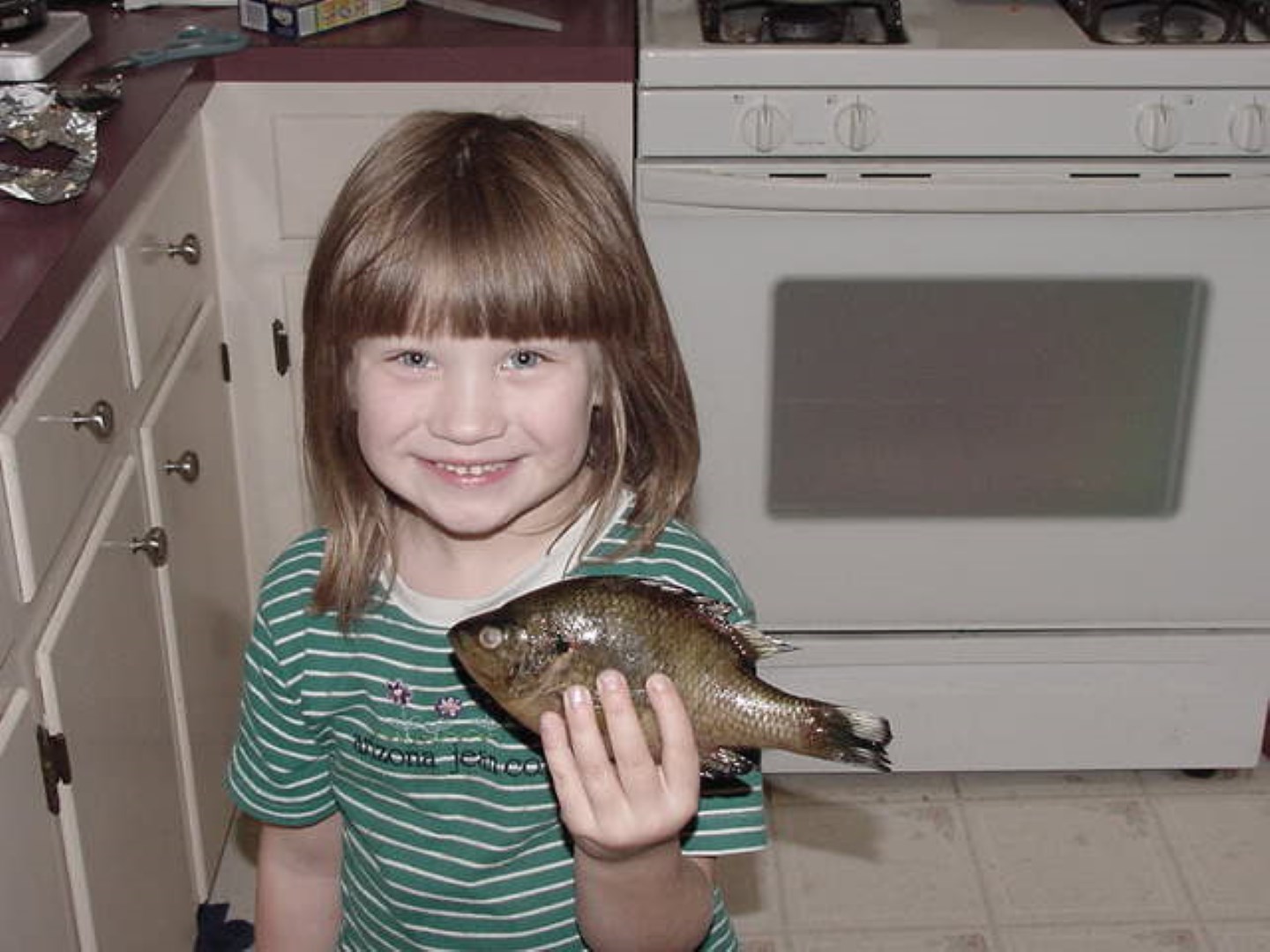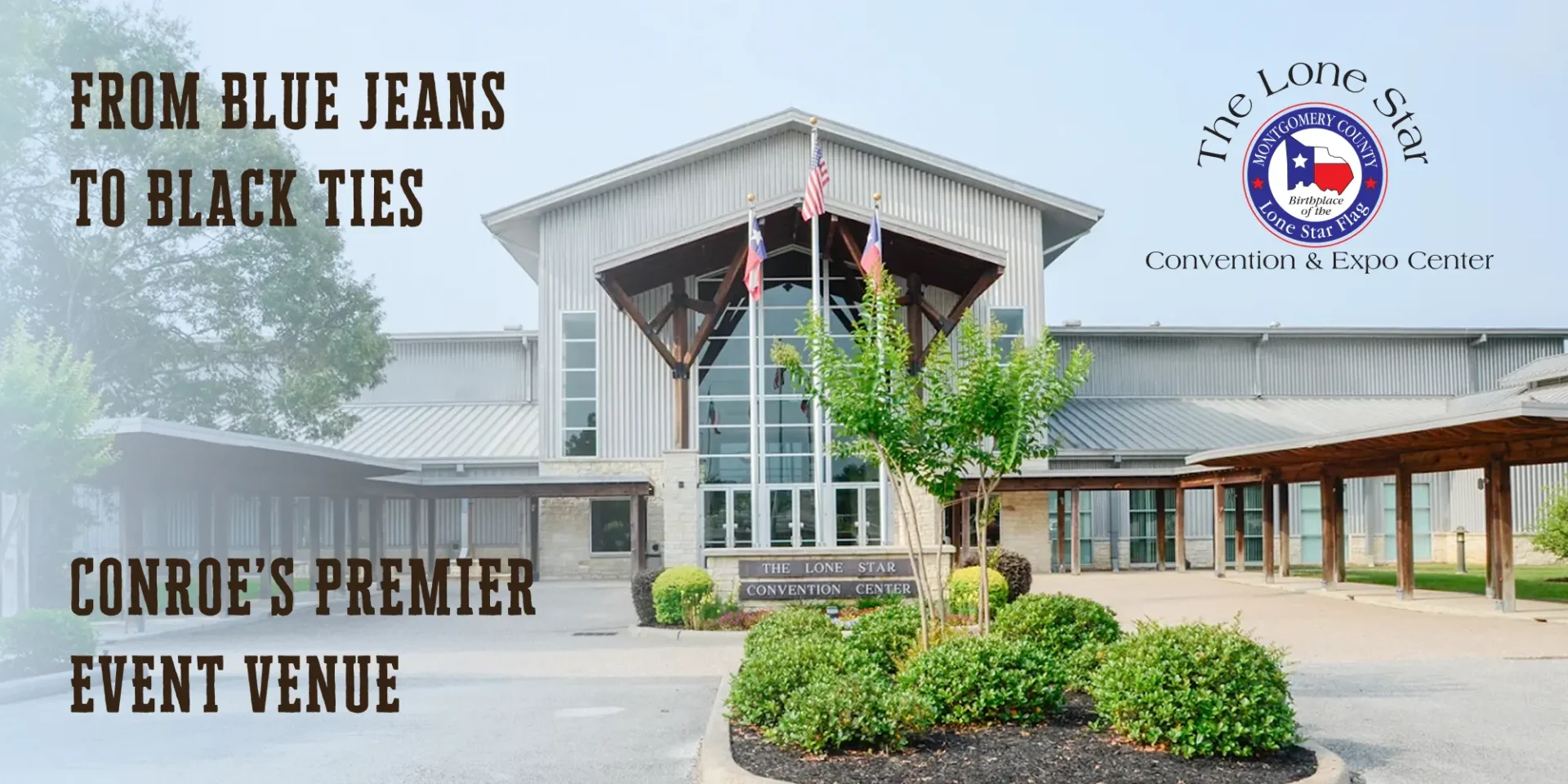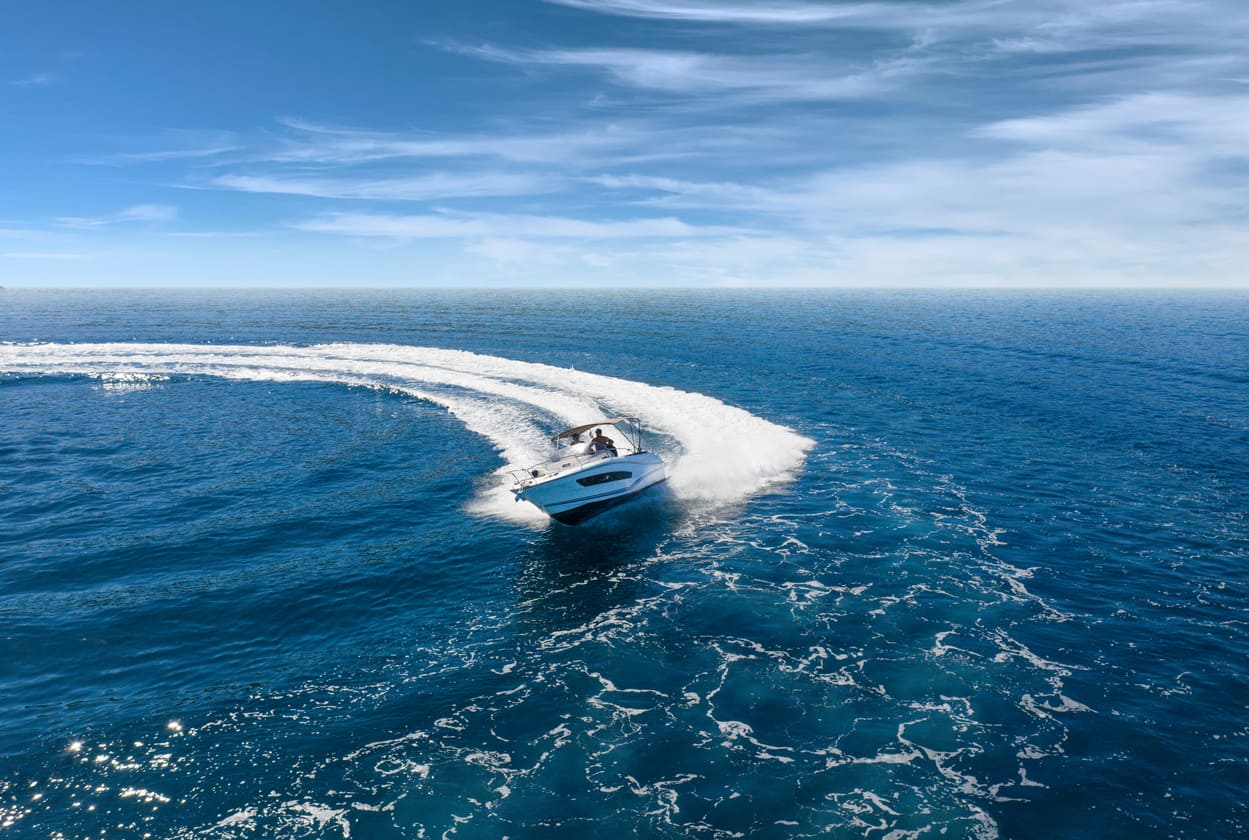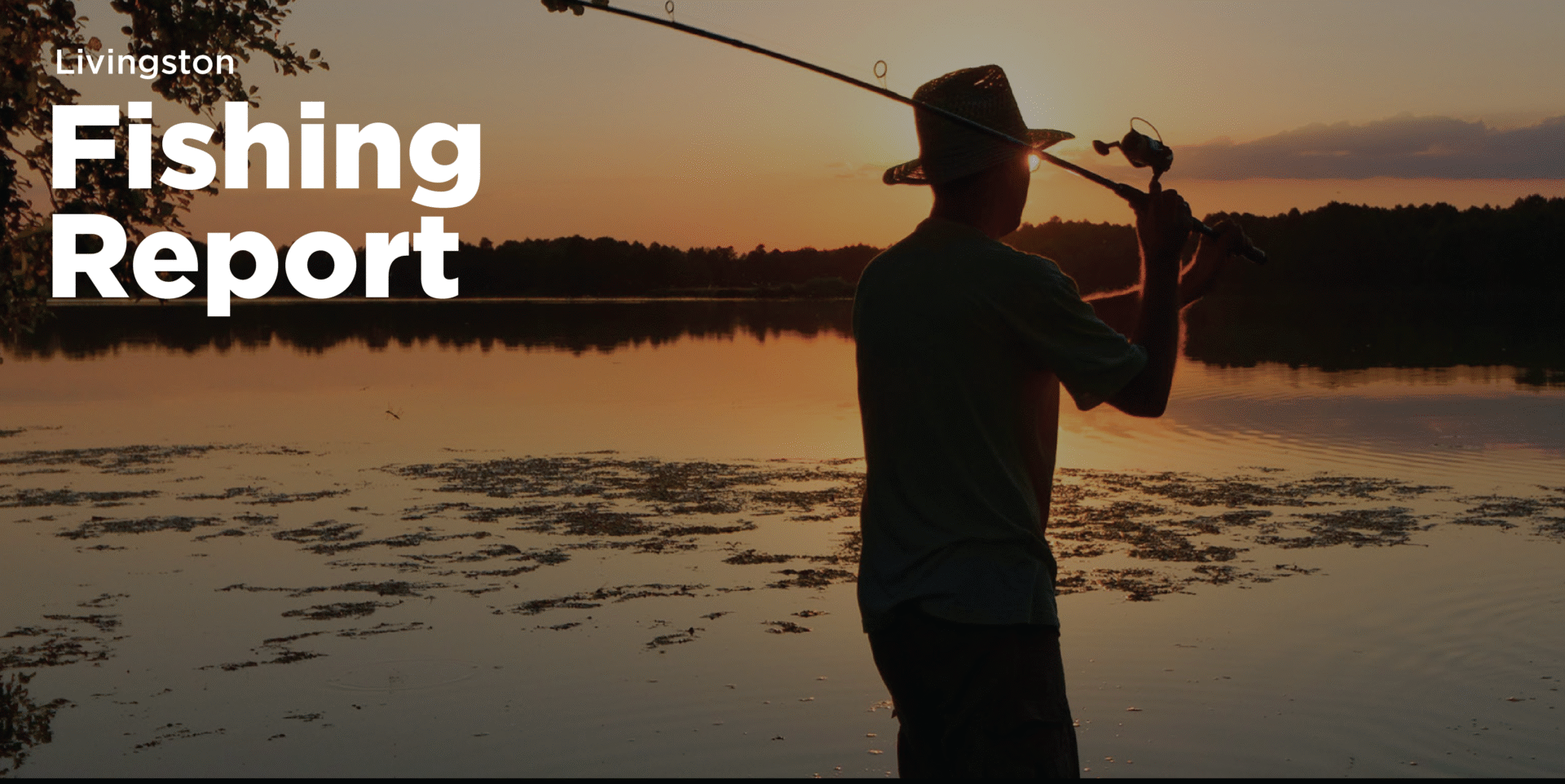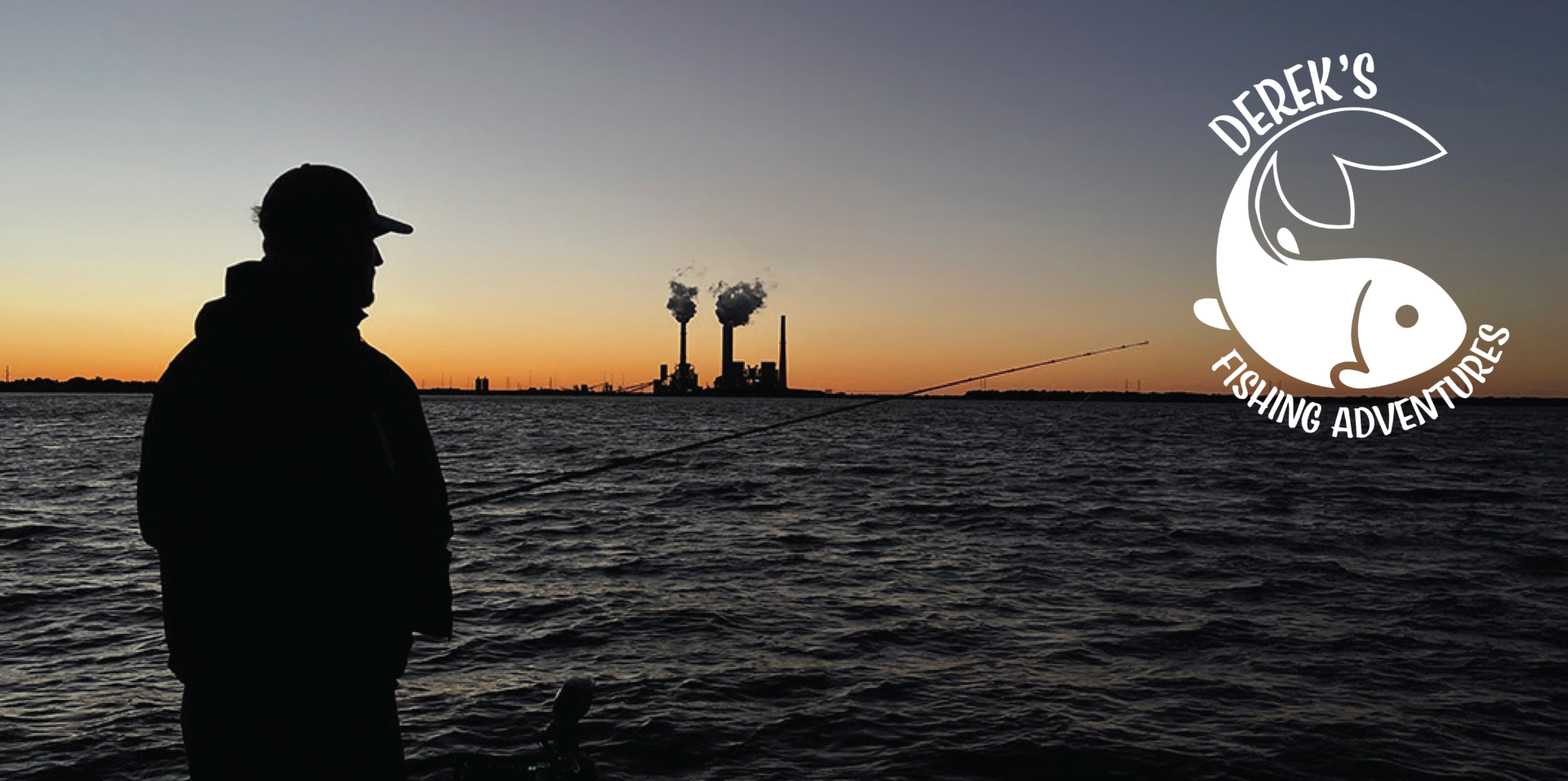“Many go fishing all their lives without knowing that it is not fish they are after.” – Henry David Thoreau
As I am sitting in front of my computer today, I started reminiscing about the times my parents took us fishing. We enjoyed many long hours on the water, bass fishing at Sam Rayburn or trying to catch white bass at Lake Livingston. Spending time with my whole family outdoors are the childhood experiences I remember the most. Was it the hunting or fishing or was it the feeling of togetherness that I remembered with such fondness? I know it was the latter. It was the feeling of knowing that we had taken time out of our busy lives to be together; to share and make memories that would last a lifetime. Now, as a father and husband, I am aware of the fishing experiences that made my childhood filled with joy. I try to impart the same experiences to my family, especially my kids.
I caught my first Largemouth Bass on a black and white Heddon Lucky 13 Hula Popper on Sam Rayburn. A school of bass broke the surface chasing shad. I had never seen anything like it before. I sat in awe. Action was fast and furious for a few moments. The bass went down, but my dad turned to me and said that they would come back up at any moment, and to throw my lure as close as I could to the school. When the fish returned, I did just as I was told, hooking up with my first bass. It was only 12 inches long, but at 11 years old, it was big to me. The next few moments were even more important to me and are the vision I see every time I think about that moment in my life. My dad removed the hook from the mouth of the fish. He was excited that I had just caught my first fish and desperately wanted me to get another before the school went deep again. He turned to me and said, “Hurry up and throw back out there…” His sentenced stopped. On the word “throw” the fish, my first bass ever, slipped from his hands and returned to the water. I was devastated and upset. I did not get to admire my first bass. However, the hurt quickly faded and it has become one of my most cherished memories.
I could go on and write several stories about my experiences in the outdoors. My point in telling this story is to emphasize the quality time and memories that can be made on family trips.
Now COVID-19 is forcing people to find new things to do, and I have a suggestion that can create lasting memories for you as an individual or your family. The Texas Parks and Wildlife Angler Recognition Program recognizes anglers catches for waterbody and state records for every species of fish. Now this may sound like a hard goal to reach, but many waterbodies have never had a record application submitted! This means that many waterbody records are within easy reach. Before going out to your local lake or pond, go to the Texas Parks and Wildlife Angler Recognition page,
https://tpwd.texas.gov/fishboat/fish/programs/fishrecords/rules/ to explore how you can participate.
There are many different ways an individual can challenge themselves and make their fishing trip even more memorable by qualifying for the Angler Recognition Program: State or Waterbody Records by weight, Waterbody Records by tackle type (rod & reel, fly fishing, etc.), First Fish Awards, and Big Fish Awards. You can even practice catch and release with Catch and Release Records by length. Categories exists not only for public waterbodies, but private waters as well.
Imagine adding a fish award to the memory of beloved family fishing trip. It would be priceless.!
The Junior Angler Recognition Program started in 2003. It is similar to the Angler Recognition Program. yYou must be 16 years old or younger to participate. It was developed to encourage adults to take a kid fishing and motivate kids to ask someone to take them fishing. The Junior Angler Recognition Program provides an opportunity for a young anglers to be recognized separately from adult anglers and be listed in the record book in a standalone division. Junior Angler Records are displayed on the Texas Parks and Wildlife website. Just because it’s for young anglers, doesn’t mean the categories are any lighter. Kids can qualify for Junior State Records, Junior Waterbody Records, Big Fish Awards, First fish Awards, Outstanding Angler, and others.
Since the Junior Angler Recognition Program is not so well known, many of the categories have not been filled yet for many waterbodies. Parents can help a child get as many records as they can or catch the biggest fish out of any waterbody of their choice. It is a great way to spend quality time with a child. Any species of fish qualifies, whether it is as small as a Golden Shiner or as big as a Smallmouth Buffalo. To qualify, a fish must weigh at least 2 oz., otherwise many of the rules for the normal Angler Recognition Program apply to the Junior Angler Recognition Program. Junior Anglers receive a certificate in the mail of the achievement and will be able to see their name on the Texas Parks and Wildlife website if they qualify for a record. Both of my kids have waterbody records at a local pond in College Station, Texas. My son, 7 years old at the time, even qualified for a Junior State Record with a Red-bellied Pacu he caught on a worm. His sister caught her record fish at 3 years of age. Let me tell you, there is nothing that will make a parent prouder than to see their child grinning from ear to ear knowing that they had just accomplished something on their own. The days could not go fast enough with the anticipation of getting those certificates in the mail.
Here’s some guidelines before you head out to your favorite fishing spot to pursue a potential record catch:
- Look at the records for that waterbody you are going to visit. https://tpwd.texas.gov/fishboat/fish/programs/fishrecords/recordsearch.phtml
- Print an application and participation brochure for the rules. https://tpwd.texas.gov/fishboat/fish/programs/fishrecords/scales.phtml
- Take a camera or phone that takes good pictures to capture photo evidence of your fish
- Take a measuring device (ruler, tape measure, etc.) to get a length and girth of the fish. Girth measurement is the circumference around the biggest part of the fish’s belly.
- If you have a record fish by weight, you’ll need to find a place that has a certified scale to weigh you fish. You’ll need the date it was certified, and by whom for the application. The most common place to find a certified scale is a local meat market. Certified scales listed with Texas Parks and Wildlife can be found at: https://tpwd.texas.gov/fishboat/fish/programs/fishrecords/scales.phtml
- Fill out the application for your catch according to the procedures in the brochure. If you have any questions call the fisheries biologist for your area, and they will be glad to guide you through any questions you may have to complete the application.
Take the time and take a child out to create some great memories!
For information on the Angler Recognition Program go to http://www.tpwd.state.tx.us/fishboat/fish/programs/fishrecords/ . For additional questions, contact our office by phone at (979) 272-1430, or by email at [email protected] or alice.best @tpwd.texas.gov . Also, visit us on Facebook at https://facebook.com/TPWInlandFisheriesCollegeStationHouston.


